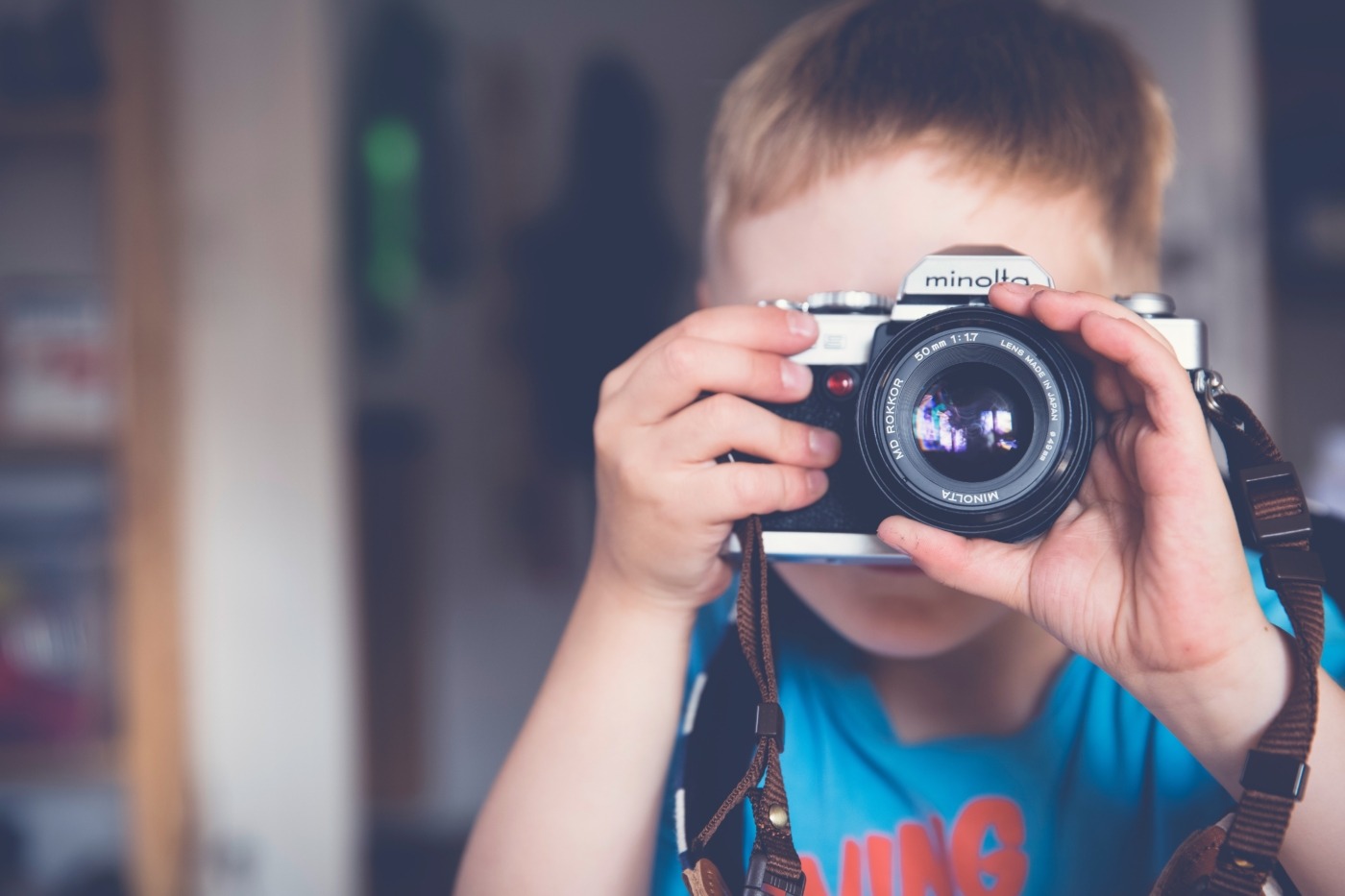Child influencers sum up our privilege and our hypocrisy
This year, the highest paid YouTuber was seven years old. Ryan Toysreview made $22 million this year alone from his toy reviews. With the rising trend of parents sharing their children’s lives online, it’s no wonder that big brands are tapping into this to market their products. Here in the UK, famous child faces include Ralphie, a young influencer (his account is managed by his mother), who has made over £10,000 through Instagram promotions.
While parents might be starting to view their children as a brand, the media spotlight has begun to focus on the attractiveness and popularity of these children over other important causes. Some of the companies who have used children as a promotional tool on social media are in fact employing child labour to create their products. Companies like Next, who have done modelling deals with Ralphie, are guilty of using child labour in their factories. Yet, the company insisted that these were “isolated incidents.”
This raises the issue of the international social inequality that exists between children. We have children working in factories to produce clothes and toys for others their own age. These children do not get adequately rewarded for their work, let alone get given the opportunity to play with the toys they make. The toys and clothes they labour over eventually make it into the hands of other children, who are soon shared on social media and paid to play with the work of others their age.
Child labour can often involve hazardous work and can lead to the development of medical conditions
The disparities between these children are growing due to the refugee crisis. Some Syrian refugees are working for their food in Lebanon and Turkey. While parents of young social media stars are often reliant on their children for their livelihood, so are the families of refugees – with children often working in much more dangerous environments. A simple picture or two may be taken of child-influencers to share online, with parents facing some criticism. However, child labour can often involve hazardous work and can lead to the development of medical conditions.
These binaries in modern childhood arguably reflect the important political issues we face today. However, unlike in the past, social media can be used to encourage change to fix these issues. Rather than posting about their children, the parents of social media influencers could raise awareness for the lives of other children who do not have the same advantages as their own. Even though this might not increase the success of their child’s Instagram account, it could allow others to finally get the childhood they deserve and encourage equality on a global scale. With a small change like this, eventually the children who have spent years building toys might be able to play with them.

Comments
Comments are closed here.